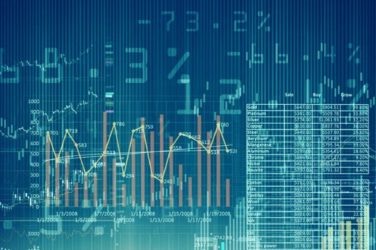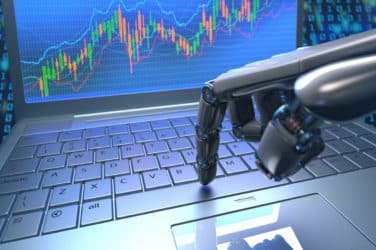
Artificial intelligence can be deployed to solve real-world situations in finance and prevent situations like the Knight trading debacle, according to a Norwegian-based software company.
Verdande Technology, based in Trondheim, Norway, is using case-based reasoning (CBR) software to help banks to make smarter decisions with their massive amounts of data.
The technology “enables firms to make smarter decisions with their massive amounts of data, empowering them with a searchable case library to mitigate regulatory risk, uncover trading opportunities, and improve performance,” said Jo Kinsella, CEO, financial services, at Verdande Technology.
By referencing past experiences to help predict future events, CBR can be used in conjunction with existing complex event processing (CEP) and other analytic solutions.
CEP performs a well-defined set of actions under well-specified circumstances. “CEP is capable of analyzing enormous amounts of data, but it doesn’t provide context,” Kinsella said.
CBR, on the other hand, scans real-time data for similarities with past cases where the data has shows that action should be taken.
Financial markets have become more technology-dependent, as recent high-profile situations, including Knight, have demonstrated.
“The role of technology in the modern financial system is front and center on everybody’s agenda,” said John Taft, CEO of RBC Wealth Management, U.S. “When I go to meetings of industry CEOs, we spend more time talking about technology than any other business issue.”
Verdande Technology originally developed its CBR technology for the oil and gas industry. Called DrillEdge, the system monitors oil-well drilling operations helping clients predict critical drilling events in advance to reduce costly non-productive time (NPT).
DrillEdge continuously monitors 40 oil well drilling operations in parallel for several commercial customers. “We are taking the solution that we developed for the oil and gas industry and applying it to financial services,” Kinsella said.
Based on the principle that similar problems have similar solutions, CBR harvests large, static datasets to search for patterns in those past experiences –the lessons learned, best practices and solutions used to rectify them – and provides users with the information they need in real-time.
Most of the discussions that Verdande Technology has had with financial services firms have revolved around risk management.
“The conversations are less with technology people, and more with chief investment officers and CEOs, who have to prove that they have systems in place that can perform real-time risk management,” said Kinsella.
A tier-one bank has implemented Verdande Technology’s Edge platform to analyze “heterogeneous data sources” in order to create an early warning system for potential problems and offer solutions based on previous experiences.
CBR could potentially have been used to avert the kinds of snafu that afflicted Knight and other high-profile companies.
“After the BP oil spill, the U.S. Department of Energy formed an ultra-deepwater committee that found that CBR could have helped prevent the spill,” said Kinsella. “We’ve taken the lessons learned in energy to build software that can analyze trade order flow, market data, and other metrics, and make it meaningful to the business.”





